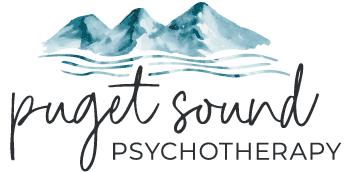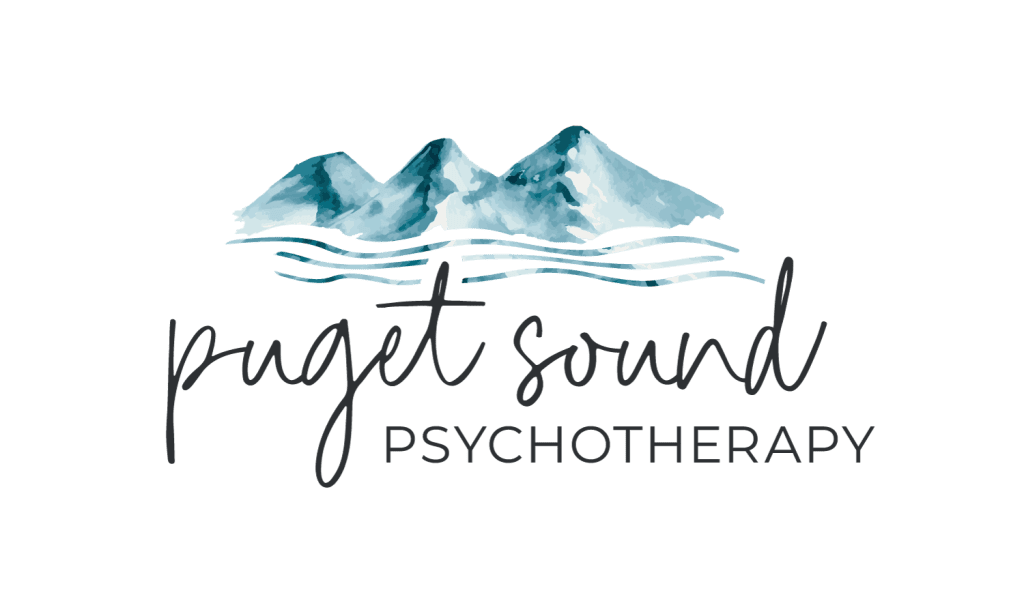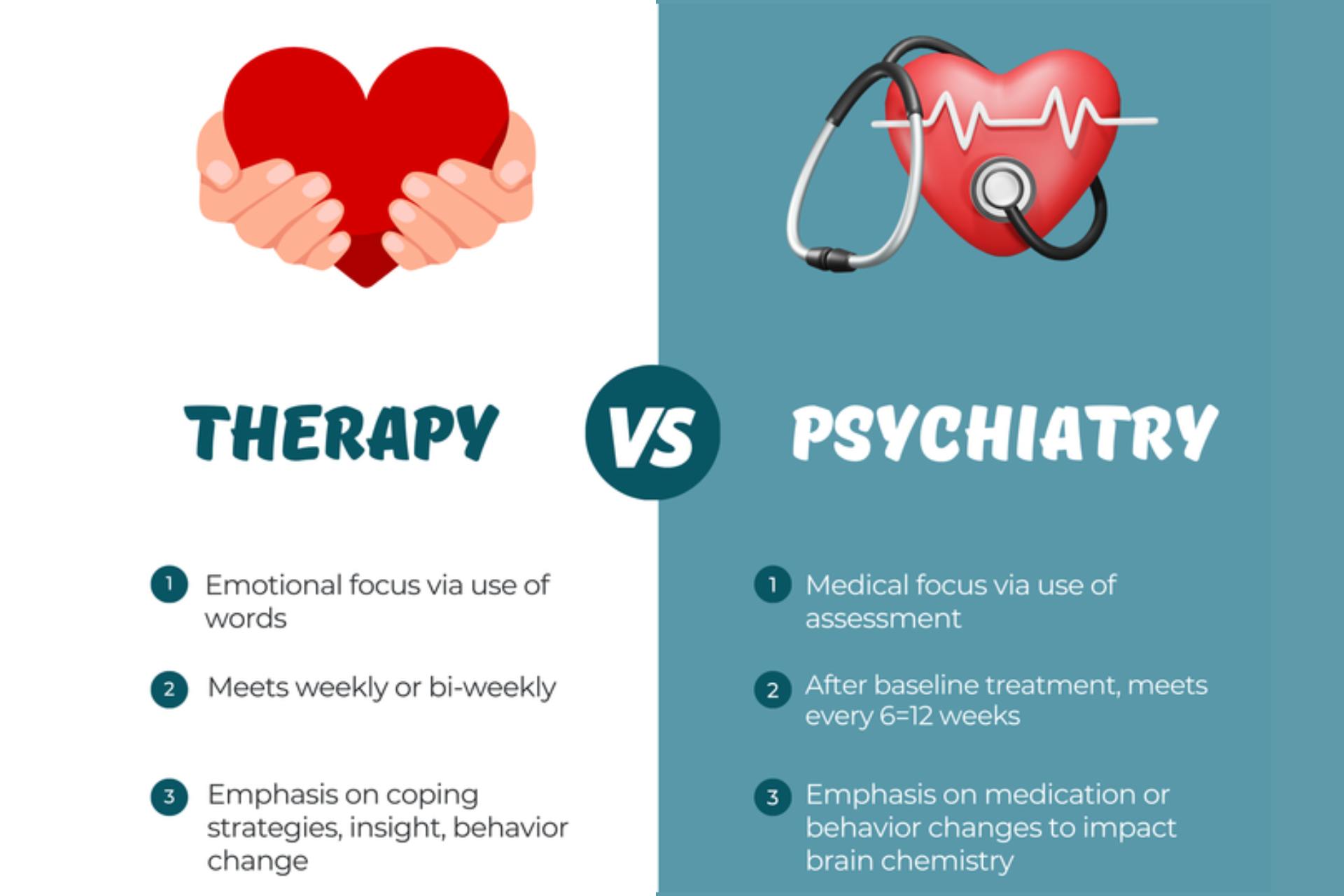
Welcoming a new baby into the world is an exciting and joyous time that also comes with a fair amount of anxiety and stress. Sleep deprivation, physical healing, and juggling a new routine are just a few of the stressors facing parents during the postpartum period. It is normal for such a big life transition to cause shifts in mood. Up to 75% of new mothers experience periods of crying, sadness, or irritability and up to 1 in 7 women experience postpartum depression, which is a serious condition that requires treatment from a medical professional. If you are experiencing uncontrollable crying spells, having trouble eating or sleeping, or losing interest in taking care of yourself or your baby, it may be time to reach out to your doctor.
One of the most important aspects of self-care for mothers experiencing postpartum depression (PPD) is prioritizing their own well-being. It’s common for new mothers to put their own needs last, focusing all their attention and energy on caring for their baby. While caregiving is essential, it’s crucial for mothers to remember that they also deserve love, attention, and care.
Self-care looks different for every mother with postpartum mood challenges, but some strategies may include:
- Seeking Support: Reach out to friends, family members, or a therapist for emotional support. Talking about your feelings and experiences can help alleviate feelings of isolation and provide validation for your struggles.
- Taking Breaks: Give yourself permission to take breaks from caregiving responsibilities. Whether it’s a short walk around the block, a relaxing bath, or a few moments of quiet meditation, carving out time for yourself can help recharge your batteries.
- Prioritizing Sleep: Lack of sleep can exacerbate symptoms of depression. Try to prioritize rest by taking naps when your baby sleeps and asking for help with nighttime feedings when possible.
- Eating Well: Nourish your body with healthy, balanced meals. Fueling your body with nutritious food can help stabilize your mood and increase your energy levels.
- Exercise: Engage in gentle exercise activities, such as walking, yoga, or swimming. Physical activity releases endorphins, which can improve mood and reduce feelings of stress and anxiety.
- Setting Realistic Expectations and Boundaries: Don’t put too much pressure on yourself to be the “perfect” mother. Set realistic expectations and remember that it’s okay to ask for help when you need it. It’s also okay to say “no” when you’re feeling overwhelmed.
- Engaging in Activities You Enjoy: Make time for hobbies and activities that bring you joy and fulfillment. Whether it’s reading, painting, or gardening, engaging in activities you enjoy can help lift your spirits and improve your overall well-being.
- Mindfulness and Relaxation Techniques: Practice mindfulness and relaxation techniques, such as deep breathing, meditation, or progressive muscle relaxation. These techniques can help calm your mind and reduce symptoms of anxiety and depression.
Remember, self-care is not selfish—it’s essential for your well-being and the well-being of your baby. By prioritizing self-care and seeking support when needed, mothers can navigate the challenges of postpartum depression with strength, resilience, and compassion.
Support groups or talk therapy may be a helpful next step in getting your mental health back on track. At PSP, we offer telehealth sessions to make connecting with a therapist easy and convenient. For more information about our incredible team of mental healthcare providers or to make an appointment, please visit our website at pugetpsychotherapy.com
Resources and information about postpartum depression:
National Maternal Mental Health Hotline
MedlinePlus: Postpartum Depression Factsheet
National Child & Maternal Health Education Program
Postpartum Support International
Sources:
Cleveland Clinic. (2022, April 12). Postpartum Depression: Types, Symptoms, Treatment & Prevention. Cleveland Clinic. https://my.clevelandclinic.org/health/diseases/9312-postpartum-depression
Office on Women’s Health. (2021, February 17). Postpartum depression. Womenshealth.gov; U.S. Department of Health and Human Services. https://www.womenshealth.gov/mental-health/mental-health-conditions/postpartum-depression




